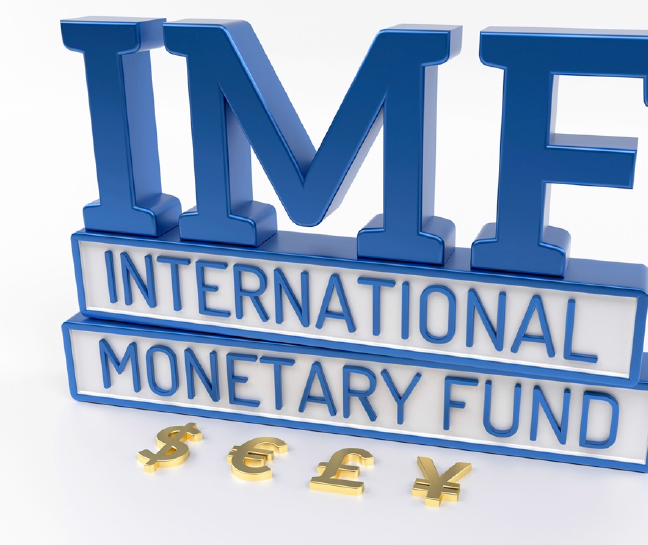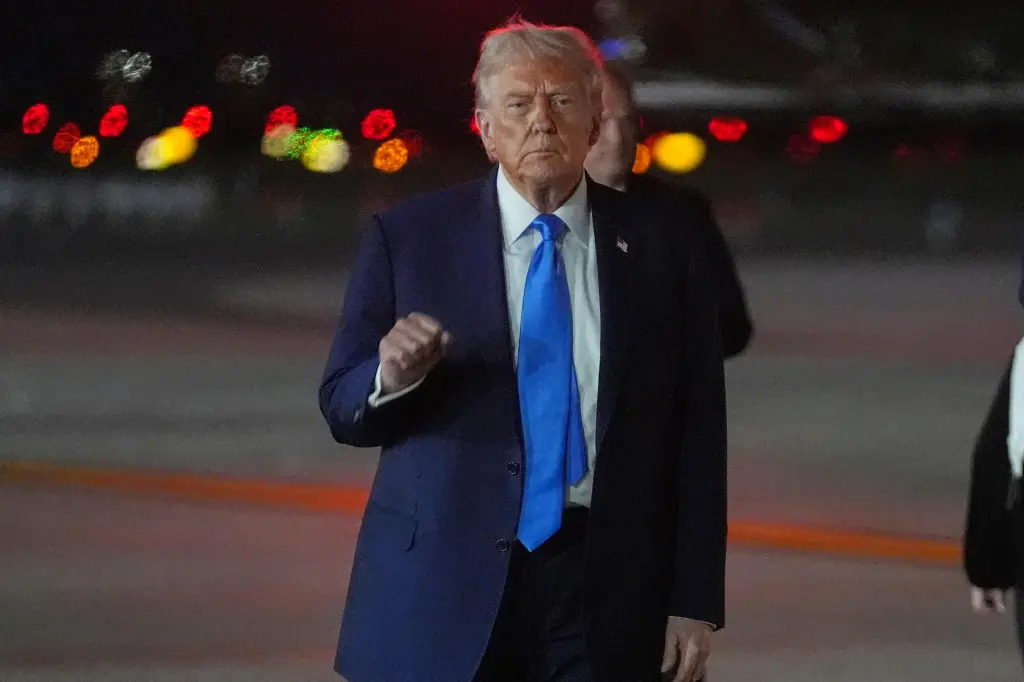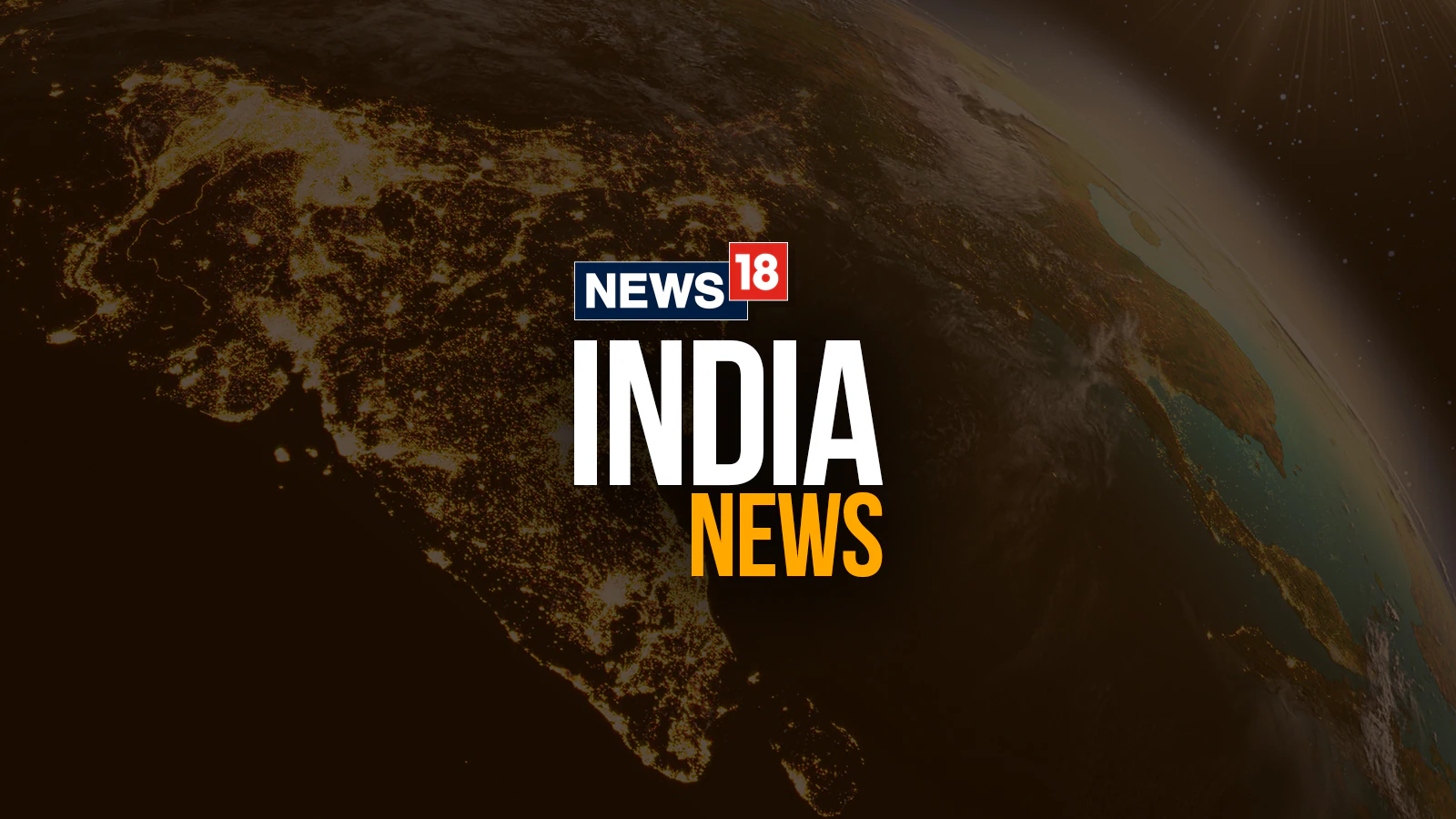
From yesterday – Monday, September 29 – to October 10, the International Monetary Fund (IMF) staff began engagements with government in its fifth programme review with US$360million of funding in the balance.
The IMF mission will evaluate the nation’s economic performance as of June 2025 under the US$3billion Extended Credit Facility (ECF) that expires in May 2026. This review represents the country’s second-to-last checkpoint before exiting IMF support after three years of financial assistance.
Around US$2.3billion has so far been received in disbursements since signing the programme in May 2023. Thus, a successful review will trigger the release of another US$360million in October 2025; bringing total disbursements to just under the full programme value of US$3billion.
IMF staff are expected to scrutinise multiple economic indicators, including inflation trends, foreign reserve sustainability and completion of government arrears audits.
The assessment comes at a time when revenue collection has fallen short of targets despite currency appreciation, creating challenges for meeting government’s primary surplus goal set at 1.5 percent of Gross Domestic Product (GDP).
Additionally, arrears have accumulated in key funding mechanisms including the National Health Insurance Levy, Ghana Education Trust Fund and Road Fund, while social spending programmes face financing gaps.
That said, government has implemented several reforms to satisfy IMF conditions ahead of the review.
Parliament has passed new tax legislation, including VAT amendments aimed at improving revenue collection and compliance. Public procurement systems have been overhauled to increase transparency and efficiency.
Authorities resolved a significant backlog of government payments from 2024, reducing fiscal imbalances that threatened programme targets.
Monetary policy has been tightened to combat inflation, which exceeded programme benchmarks earlier but now shows declining trends – standing at 11.5 percent as of August 2025.
Electricity tariffs have been adjusted to improve the power sector’s financial position, while banking sector reforms have advanced with recapitalisation efforts for struggling institutions.
The economy has maintained growth momentum despite programme constraints, with mining, agriculture, technology and construction sectors driving expansion. The IMF has praised these reform efforts as essential for restoring macroeconomic stability.
Ghana will undergo its final programme review in April 2026 before exiting IMF support.



